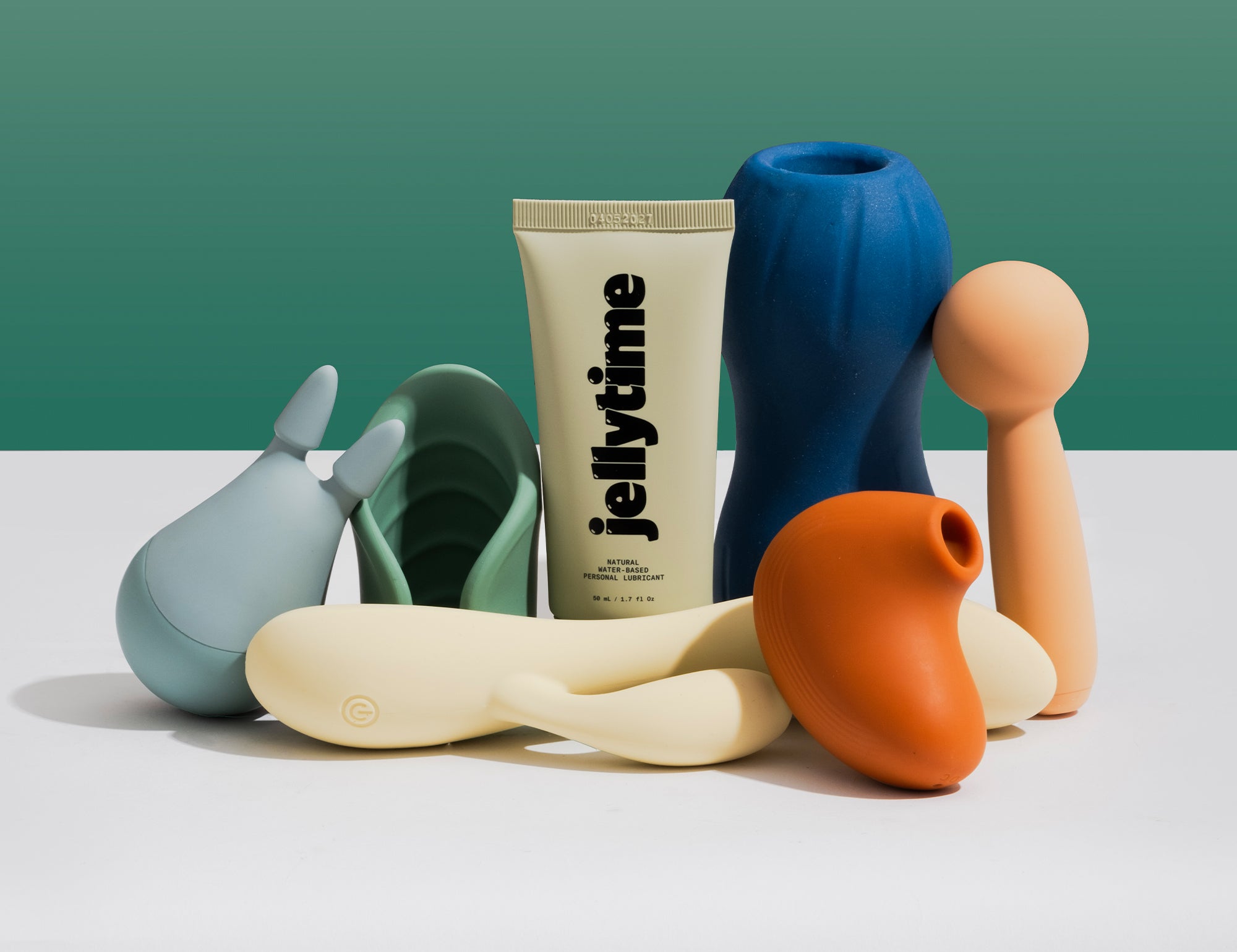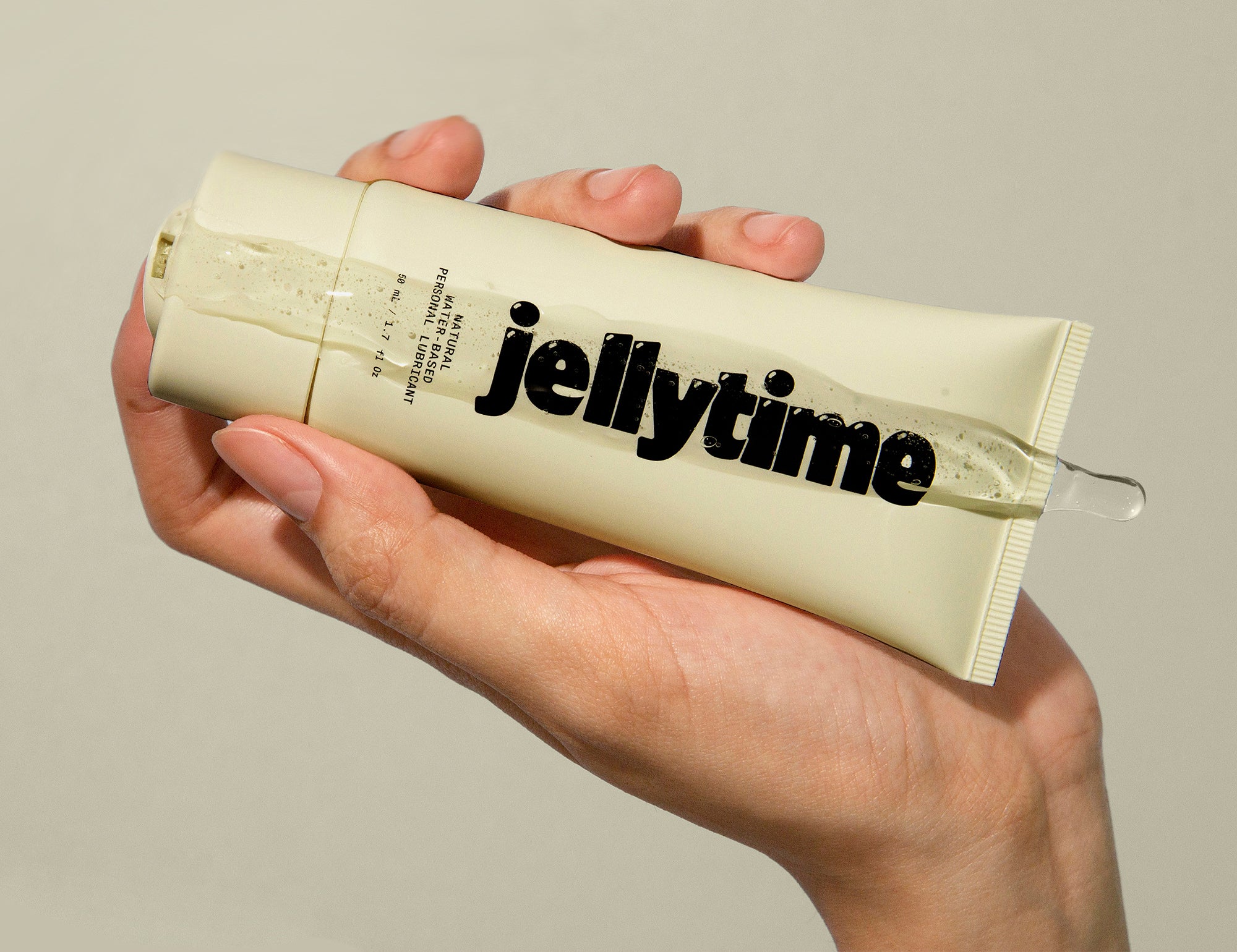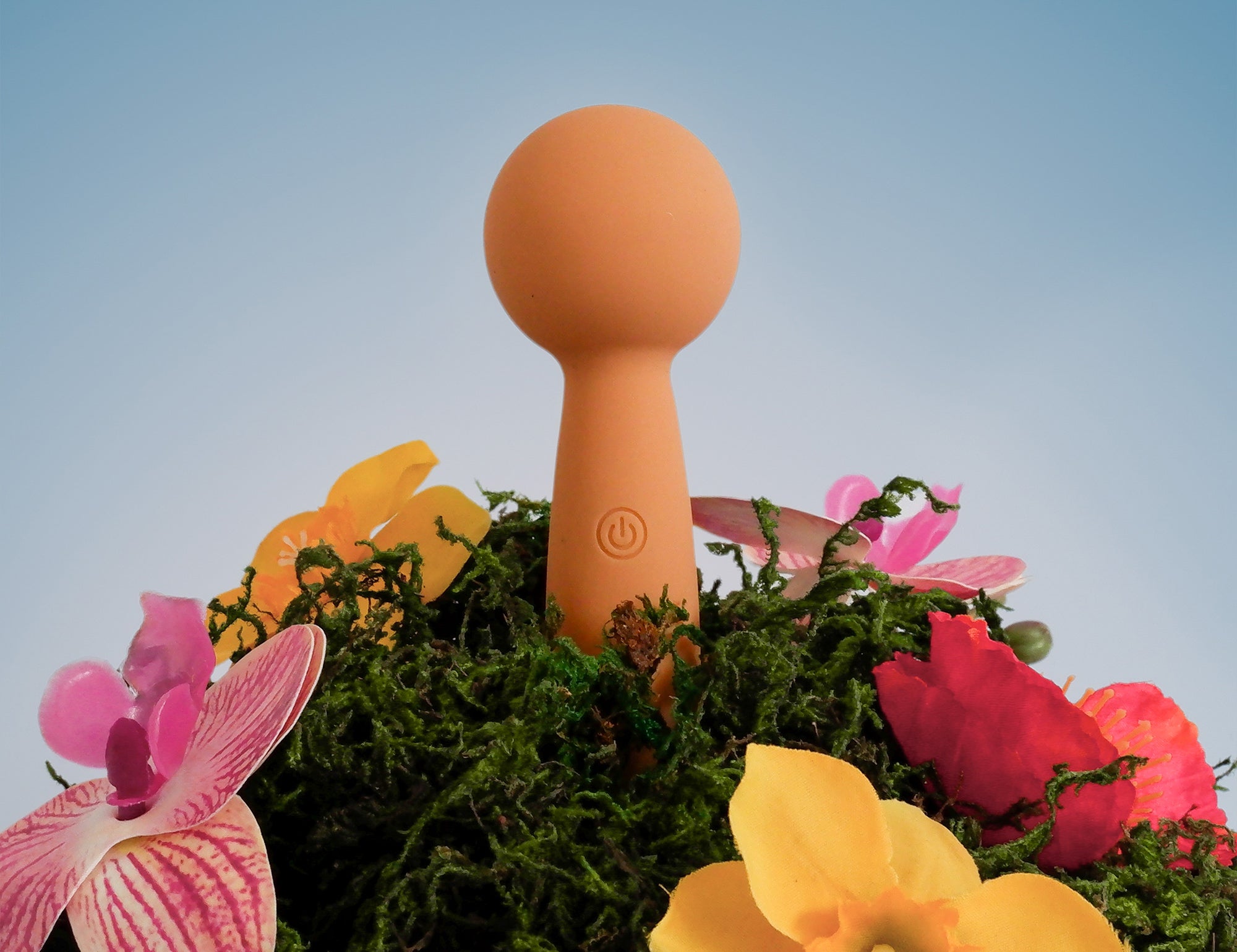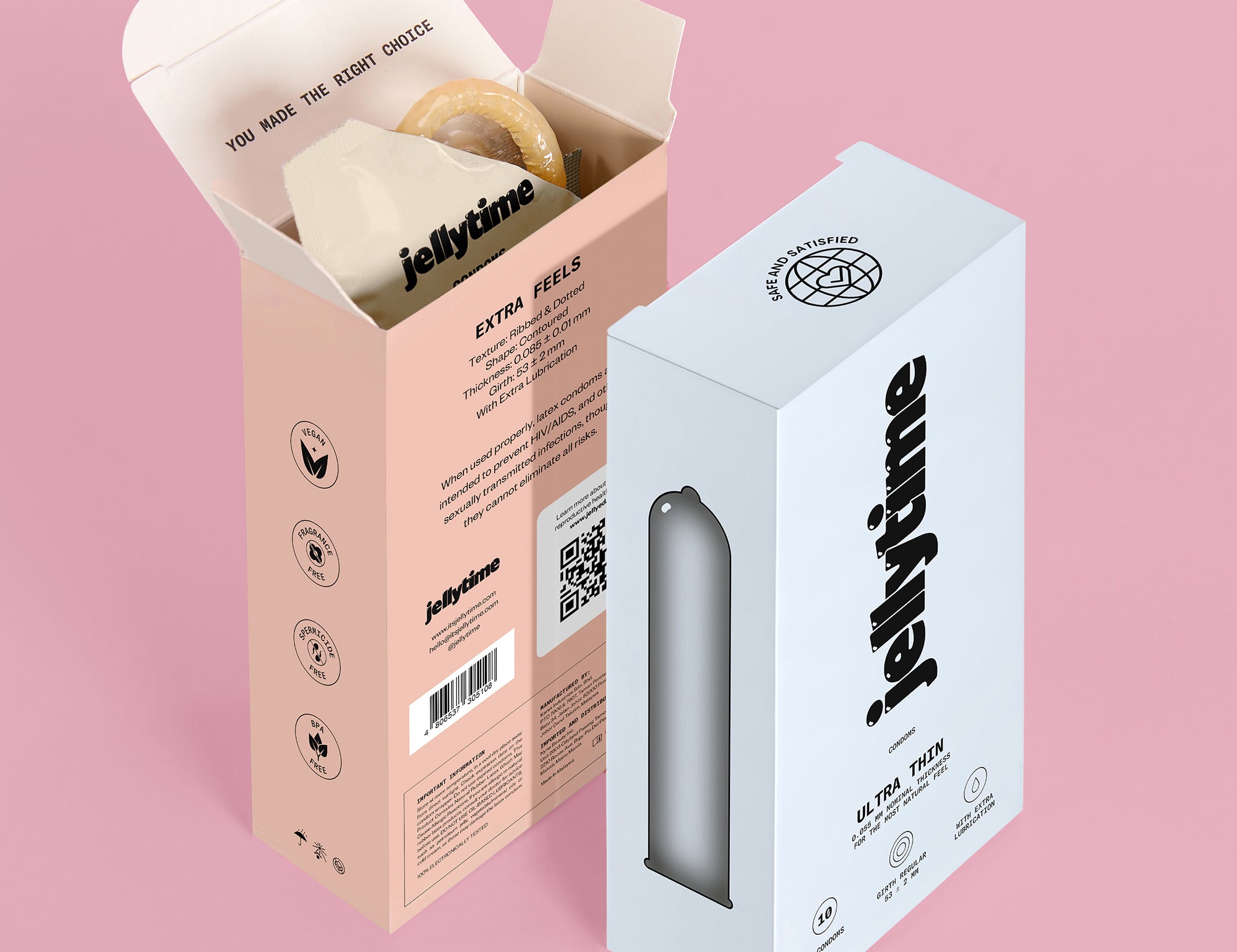
Does Coffee Make Your Breasts Smaller?
There is "no direct connection" between coffee consumption and breast size as indicated by the study. In simpler terms, research does not support the notion that excessive coffee drinking leads to smaller breasts. So, coffee lovers can relax and savor their brew without concerns about its impact on bust size.
How Did The Story Start?
The backstory to the "Coffee Makes Your Breasts Smaller" myth dates back to 2008 when various news outlets, from Fox News to Glamour, sensationalized a study with the headline: "New Study: Drinking Too Much Coffee Shrinks Your Boobs?" The story even made its way into the pages of the UK's notorious tabloid, the Daily Mail. According to these reports, a study on breast cancer suggested that women who consumed three or more cups of coffee daily had breasts approximately 17% smaller than those who drank less coffee. But did this mean coffee was the culprit behind diminishing busts?
The study, titled "Coffee intake and CYP1A2*1F genotype predicts breast volume in young women: implications for breast cancer," was published in the British Journal of Cancer. It involved 269 women from families with a high breast cancer risk. These women completed coffee consumption questionnaires, had their breast volumes measured, and had blood samples analyzed for specific hormones and genes.
What Does The Study Really Say?
The primary objective of this research was to uncover any links between coffee consumption, breast size, and breast cancer risk. The researchers had a specific reason for this inquiry. Previous studies indicated that coffee drinkers carrying a specific gene allele, CYP1A2*1F C-allele, had a reduced risk of breast cancer. Additionally, separate research had established a correlation between breast size and a lowered risk of breast cancer. The Swedish research team aimed to discern whether there was a direct connection between breast size and coffee consumption.
The findings, however, are far more intricate than what the media portrayed. The original research had indeed shown a correlation between coffee intake and breast size but with a twist. Women carrying the CYP1A2*1F C-allele who consumed three or more cups of coffee daily generally had smaller breasts compared to those with the same genotype who drank less coffee. Conversely, among women with the A/A genotype (no C-allele), there was no significant breast size difference linked to coffee consumption. Surprisingly, the heavy coffee drinkers within the A/A group even had somewhat larger breasts, though this difference wasn't statistically significant.
Correlation vs. Causation
This story reminds us of a fundamental principle in research: correlation does not equate to causation. In other words, just because two factors show a statistical link doesn't mean one causes the other. Despite the effort to account for "confounding factors" that might influence results, a statistical correlation doesn't establish causation. The lead researcher behind the study even clarified that the research did not find any causal link between coffee consumption and breast size. In essence, this means that, no, drinking too much coffee won't make your breasts smaller. So, go ahead and savor your coffee without fretting about your bust size. You're welcome!
What Really Affects Breast Size?
Hormonal Changes
Hormonal fluctuations are among the most significant factors influencing breast size. During puberty, the female body undergoes hormonal changes, primarily the increase in estrogen and progesterone levels. These hormones stimulate breast development, leading to the growth of glandular and fatty tissue.
Similarly, hormonal changes during the menstrual cycle can temporarily affect breast size. Many women experience breast swelling and tenderness in the days leading up to their period. This is due to increased levels of estrogen and progesterone, which cause the breast's milk ducts to enlarge and the breasts to retain water.
Furthermore, pregnancy and breastfeeding bring substantial hormonal shifts. During pregnancy, the body prepares for lactation, causing the breasts to enlarge significantly. While breastfeeding, hormonal changes sustain the breast's milk-producing tissues.
It's essential to note that hormonal fluctuations due to factors like birth control pills or hormone replacement therapy can also affect breast size. However, these changes are often modest and reversible.
Genetics
Genetics play a fundamental role in determining breast size. Your genetic makeup dictates the amount of glandular tissue, fatty tissue, and connective tissue in your breasts. This genetic blueprint is inherited from your parents and largely establishes the baseline for your breast size.
It's common for daughters to have similar breast sizes to their mothers or grandmothers due to shared genetic traits. However, genetics don't solely determine breast size. Environmental factors, hormonal changes, and lifestyle choices can also influence how these genetic factors manifest.
Drug Use
Certain drugs, both legal and illegal, can impact breast size. For instance, some medications, such as hormonal therapies, may have breast-related side effects. Hormone therapy for transgender individuals, for example, can lead to breast development, while some medications used for mental health conditions might cause breast tenderness or swelling.
Conversely, recreational drug use, particularly substances like marijuana or anabolic steroids, can potentially affect hormone levels and lead to various side effects, including changes in breast size. However, the effects of drug use on breast size can vary widely between individuals and depend on the specific substance and duration of use.
Weight Gain
Weight fluctuations can notably affect breast size. Breasts primarily consist of fatty tissue, so changes in body weight can lead to changes in breast size. When you gain weight, your body stores excess fat, which can accumulate in the breasts, causing them to become larger.
Conversely, weight loss can lead to a reduction in breast size. As you shed excess fat, the breasts may lose volume. However, it's crucial to recognize that weight gain or loss alone might not necessarily result in a proportional change in breast size. Factors like genetics and body composition also influence how and where your body stores fat.
Conclusion
Breast size is a complex interplay of genetics, hormonal fluctuations, lifestyle choices, and environmental factors. While coffee consumption may be a topic of interest, its direct impact on breast size is minimal compared to these more influential factors. Understanding these dynamics can provide insight into the variations in breast size among individuals and help dispel misconceptions about what truly determines this aspect of female anatomy.






